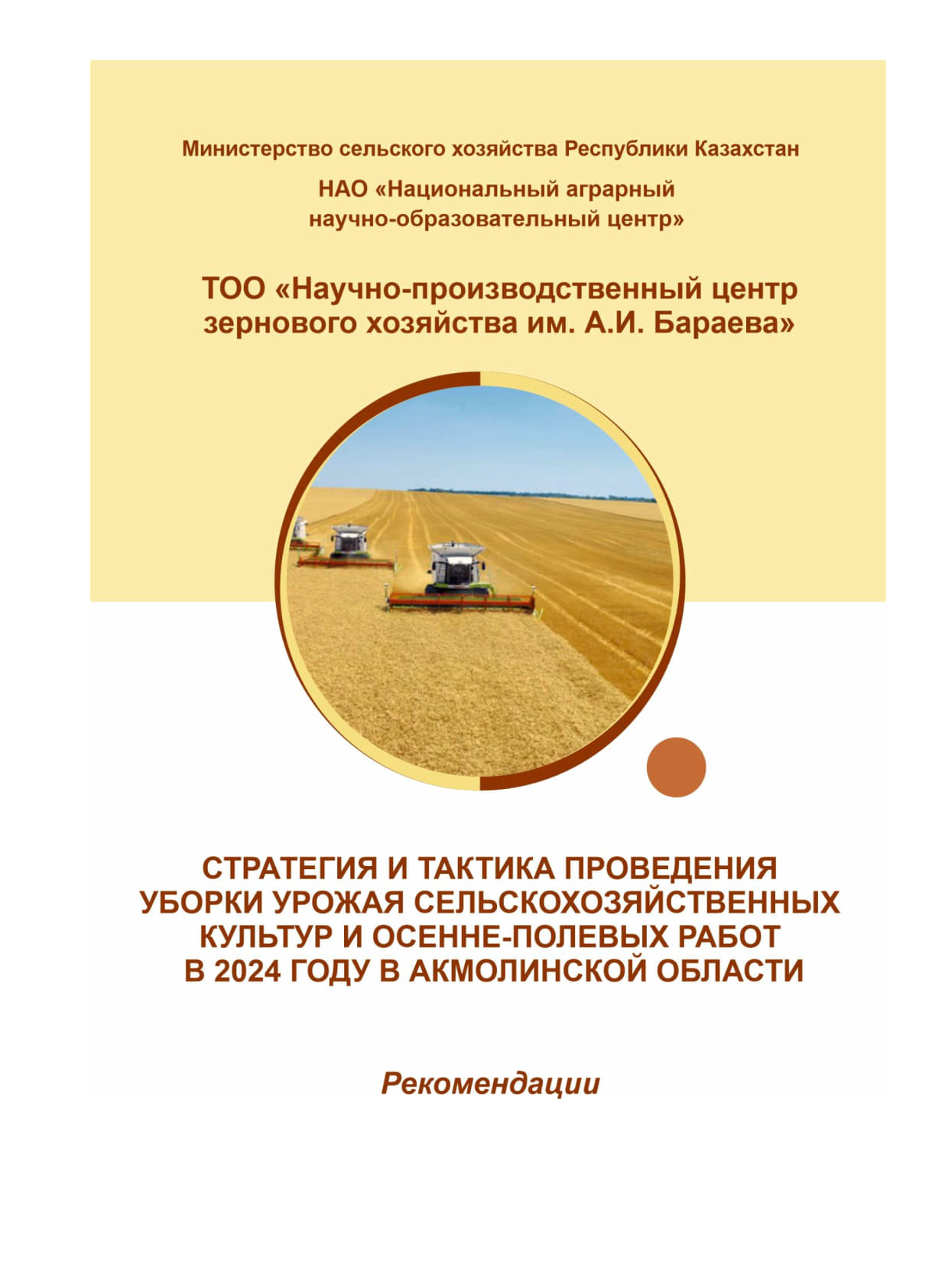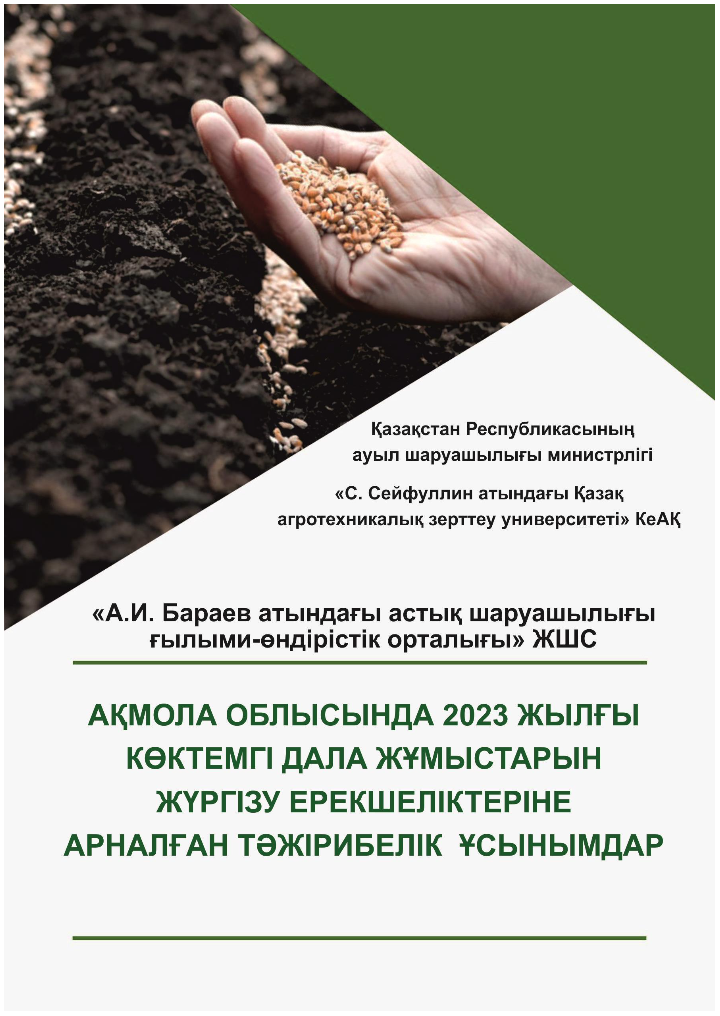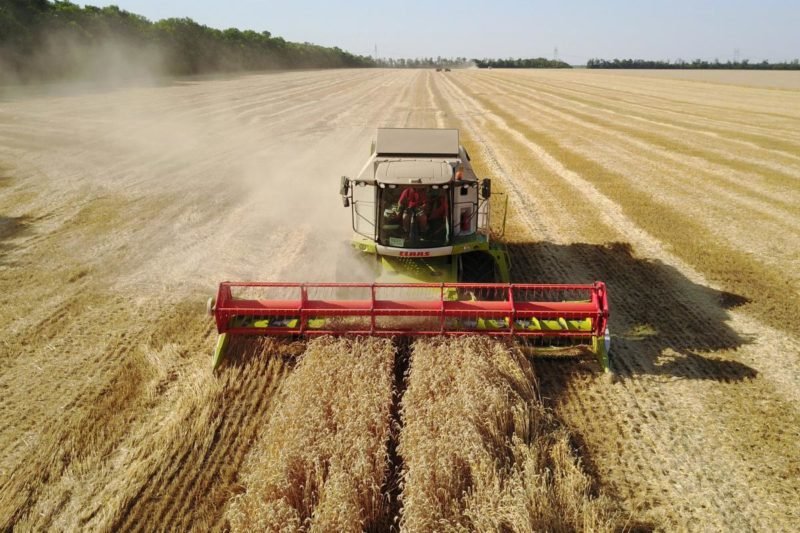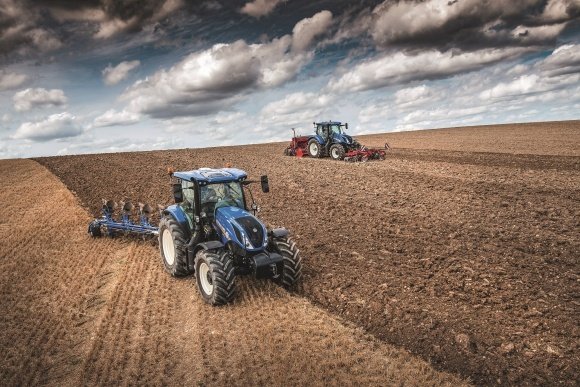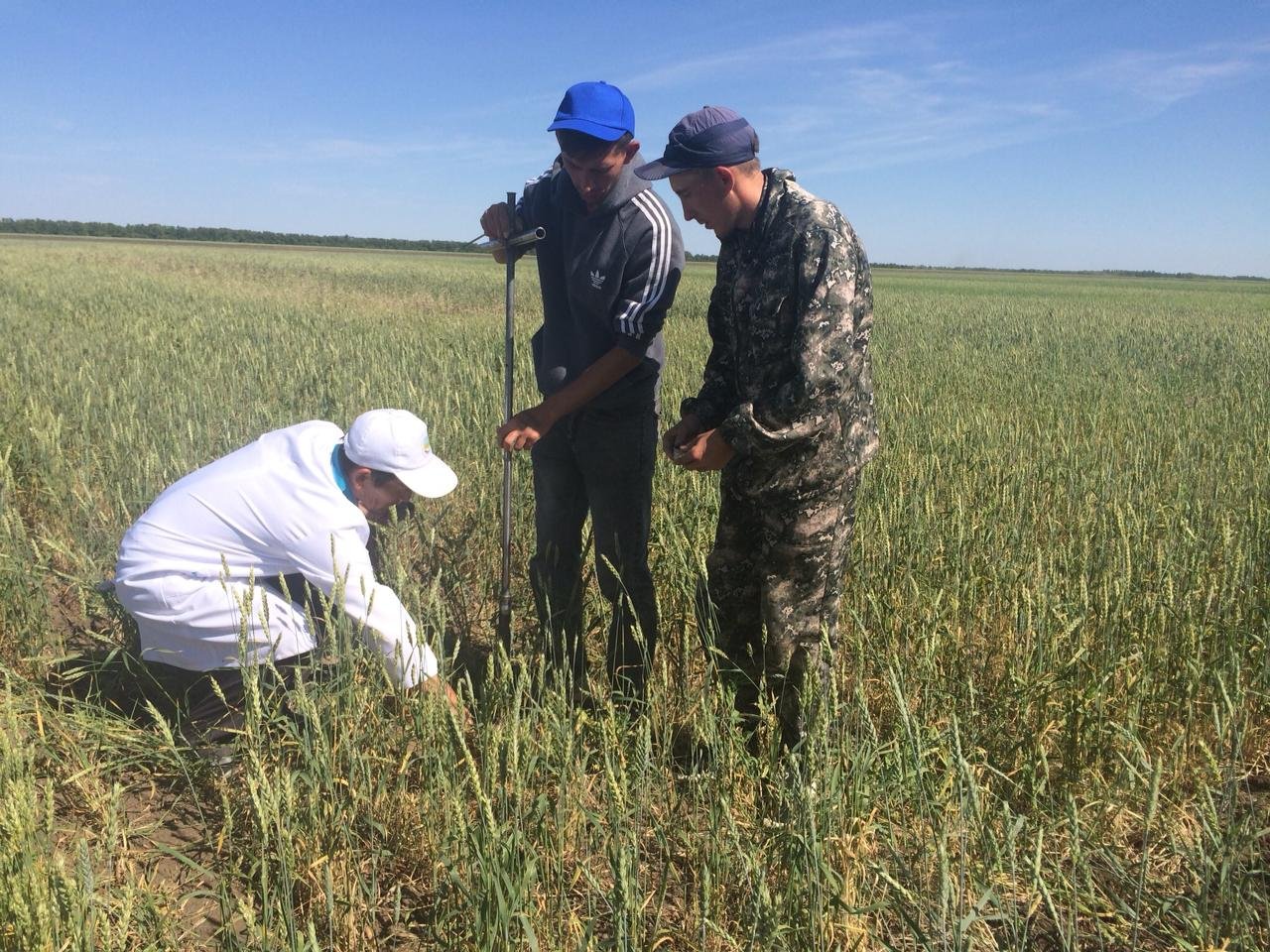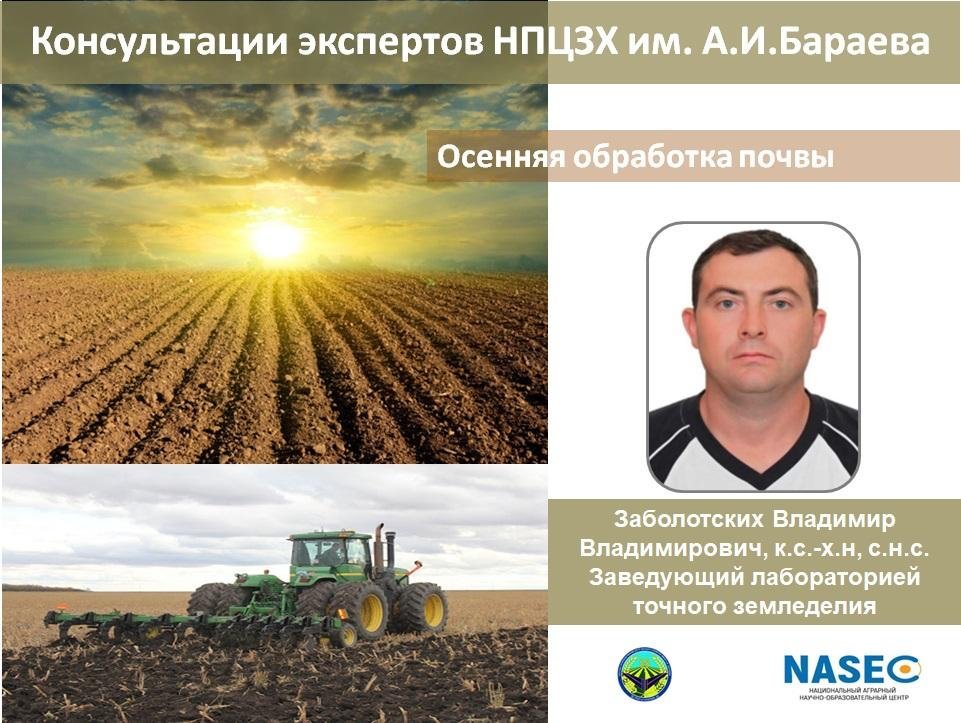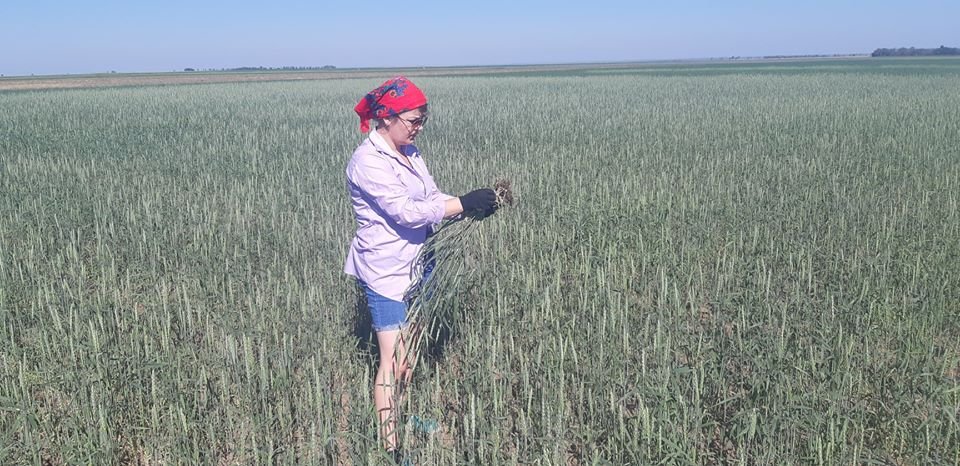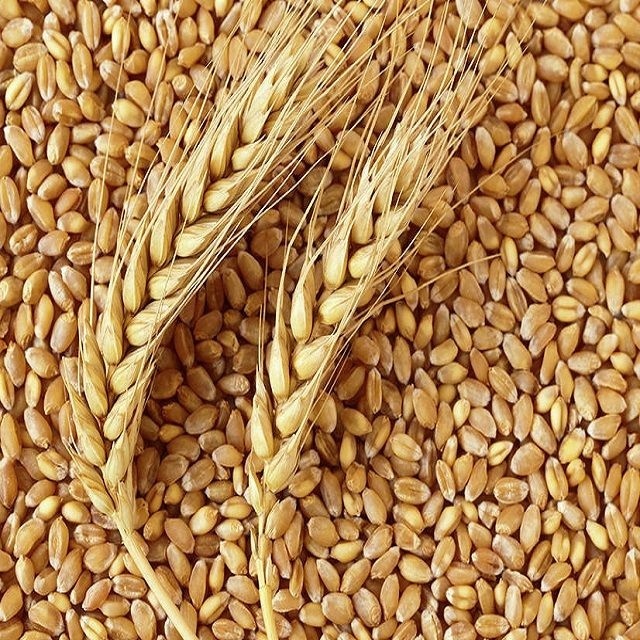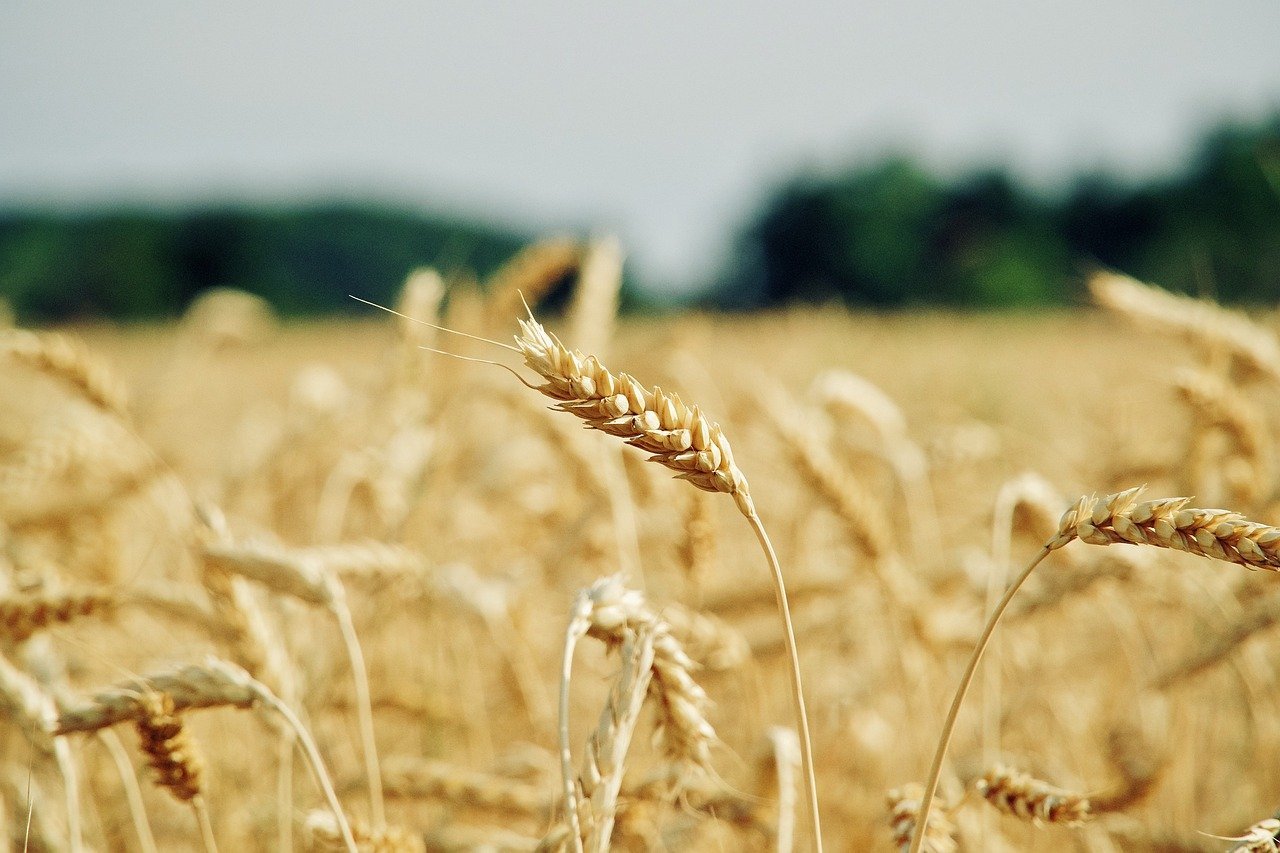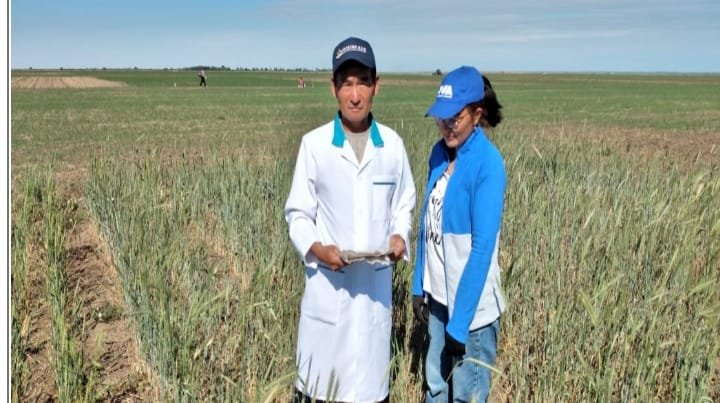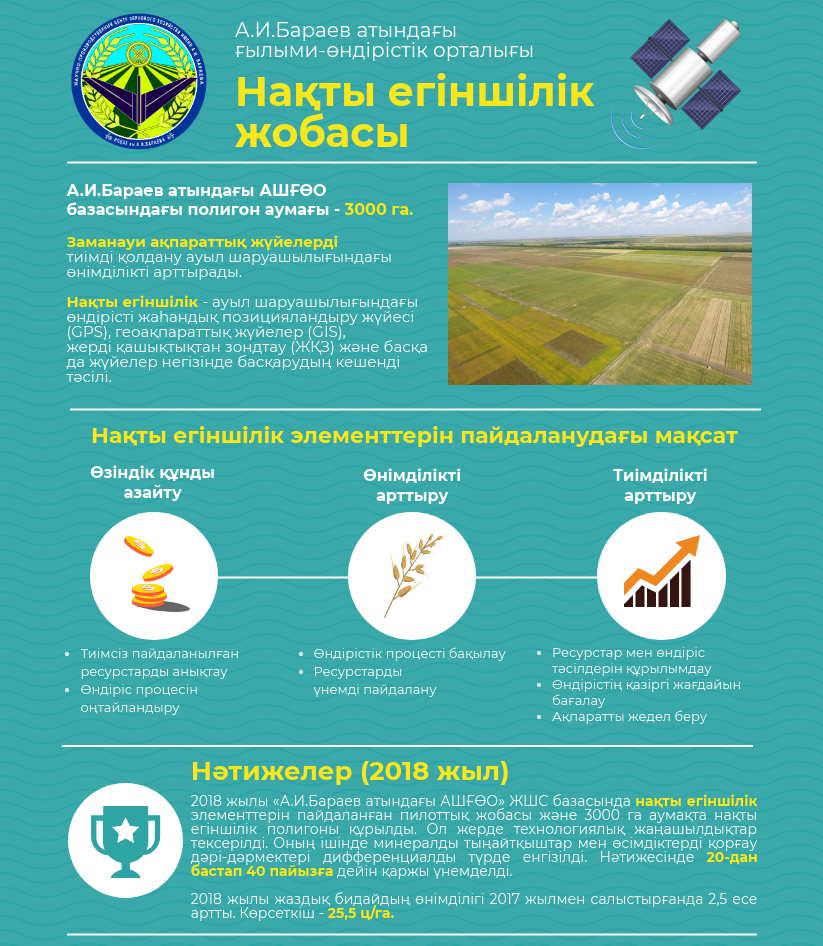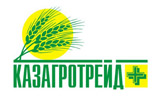Reserves of productive moisture in various predecessors
News
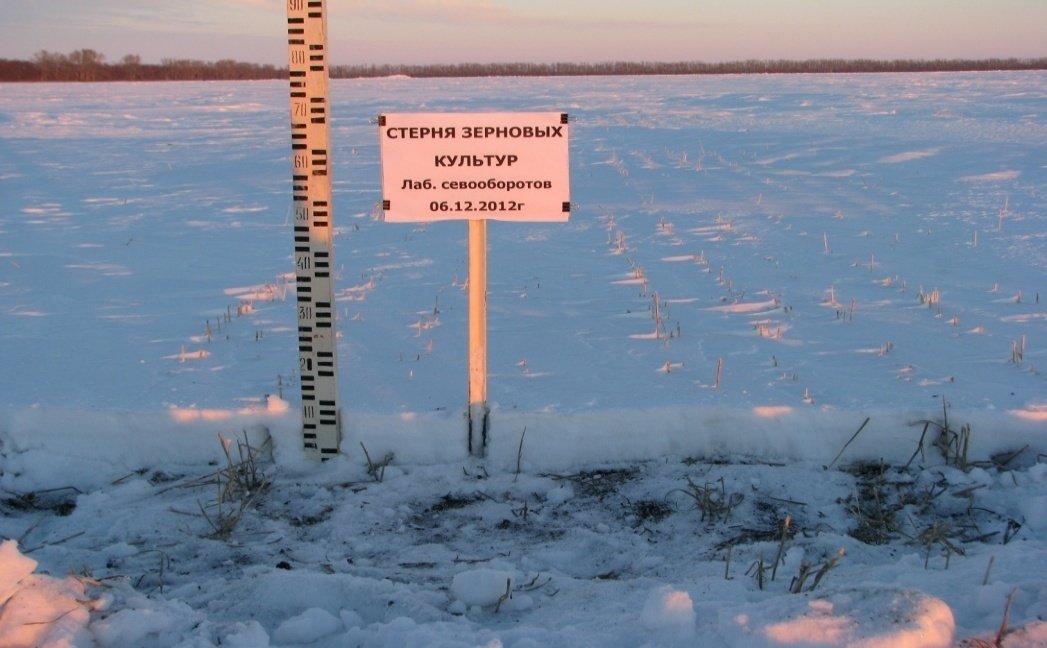
The outgoing year 2021 was very difficult for the Akmola region. Autumn of this year was dry, so it did not provide an opportunity to increase the reserves of productive moisture in the soil. Table 1 shows the reserves of productive moisture for various predecessors, which accumulate soil moisture due to autumn-winter precipitation after a dry year.
Table 1 - Reserves of productive moisture for various predecessors
Table 1 - Reserves of productive moisture for various predecessors
| Predecessors | Before leaving for winter, mm | |
| in a half-meter soil layer 0-50 cm | in a meter layer of soil 0-100 cm | |
| Pure fallow | 81,6 | 124,3 |
| Peas | 58,4 | 77,6 |
| Wheat 3 checkpoint | 33,7 | 47,9 |
| Oil flax | 42,0 | 56,5 |
| Permanent wheat | 39,6 | 46,2 |
Before the arable land left for the winter, the reserves of productive moisture in the pure fallow were 2 times higher (124.3 mm) than after the unfallowed stubble predecessors. For stubble predecessors, the moisture content was slightly lower in comparison with pure fallow. This can be explained by the use of it by various agricultural crops to obtain products from plants in the current year. A slight increase in moisture reserves before leaving for winter in various predecessors (except for pure fallow) occurs mainly in the upper half-meter soil layer within the range of 33.7-58.5 mm, and in the meter-deep soil layer 46.2-77.8 mm.
Estimating the reserves of soil moisture in the fields after spring wheat sown according to various predecessors, it can be noted that before going into winter in a meter layer of soil, its content is much smaller. It is possible to replenish the reserves of soil moisture only due to winter precipitation, since the spring rains that have fallen completely evaporate from the soil surface.
Leaving a regular cut stubble still does not solve the problem of fully utilizing the snow that accumulates at the height of the snow. In winters with little snow, the stubble is not completely clogged with snow; at the end of winter, 2-3 cm stubble is visible on the surface of the snow cover (Figure-1).
Estimating the reserves of soil moisture in the fields after spring wheat sown according to various predecessors, it can be noted that before going into winter in a meter layer of soil, its content is much smaller. It is possible to replenish the reserves of soil moisture only due to winter precipitation, since the spring rains that have fallen completely evaporate from the soil surface.
Leaving a regular cut stubble still does not solve the problem of fully utilizing the snow that accumulates at the height of the snow. In winters with little snow, the stubble is not completely clogged with snow; at the end of winter, 2-3 cm stubble is visible on the surface of the snow cover (Figure-1).

Figure-1 Height of snow cover over stubble backgrounds before snow retention
Long-term data of the A.I. Barayev SPCGF showed that when leaving stubble with a height of 12-15 cm, the thickness of the snow cover averaged 14.7 cm, at 20-25 cm -22.3 cm, at 35-40 cm -30.8 cm.
Therefore, the only way to replenish moisture reserves in the soil by various predecessors is to carry out snow retention in winter.
The article was prepared by the Head of the laboratory for crop rotations - Kiyas A.A.
676 -рет қаралды
